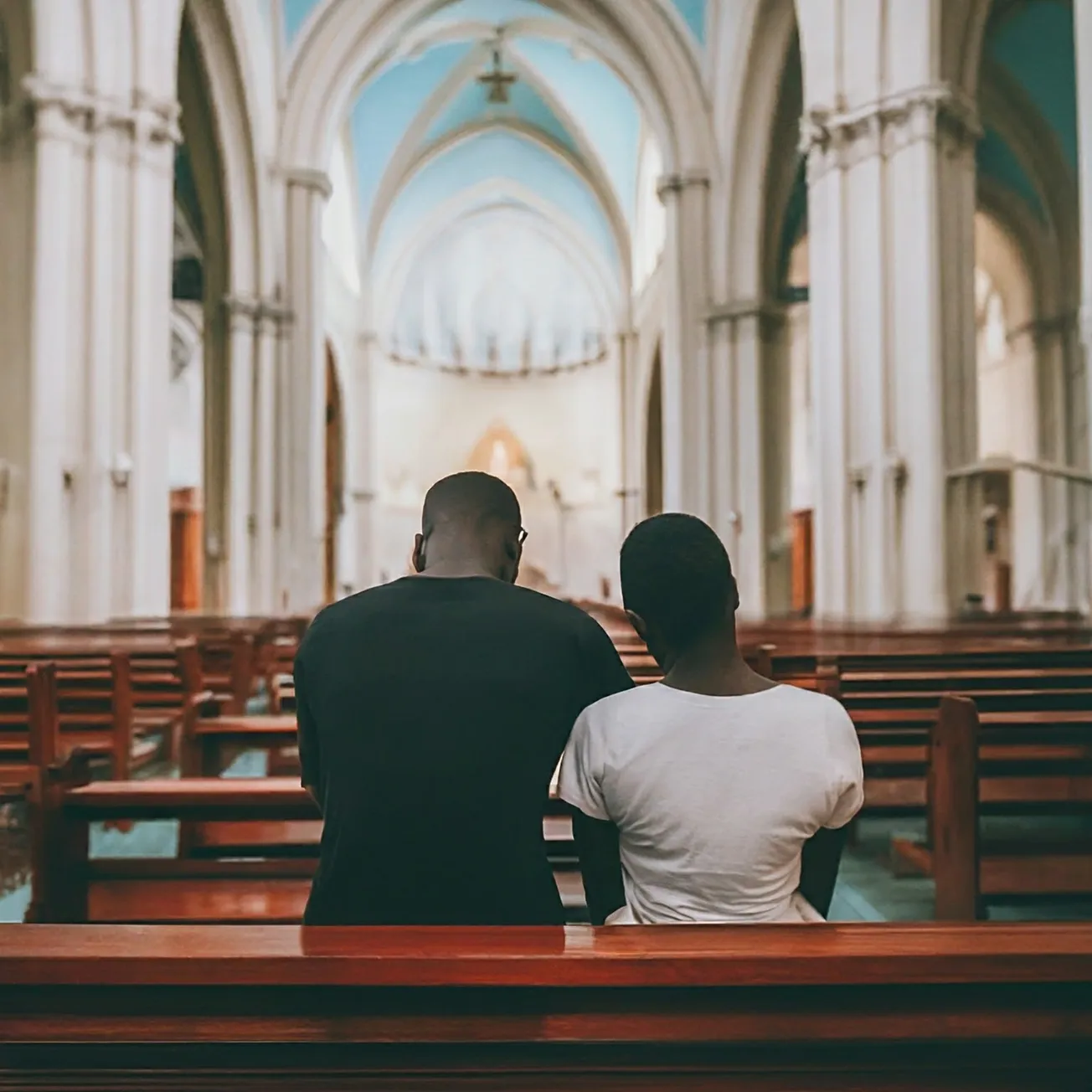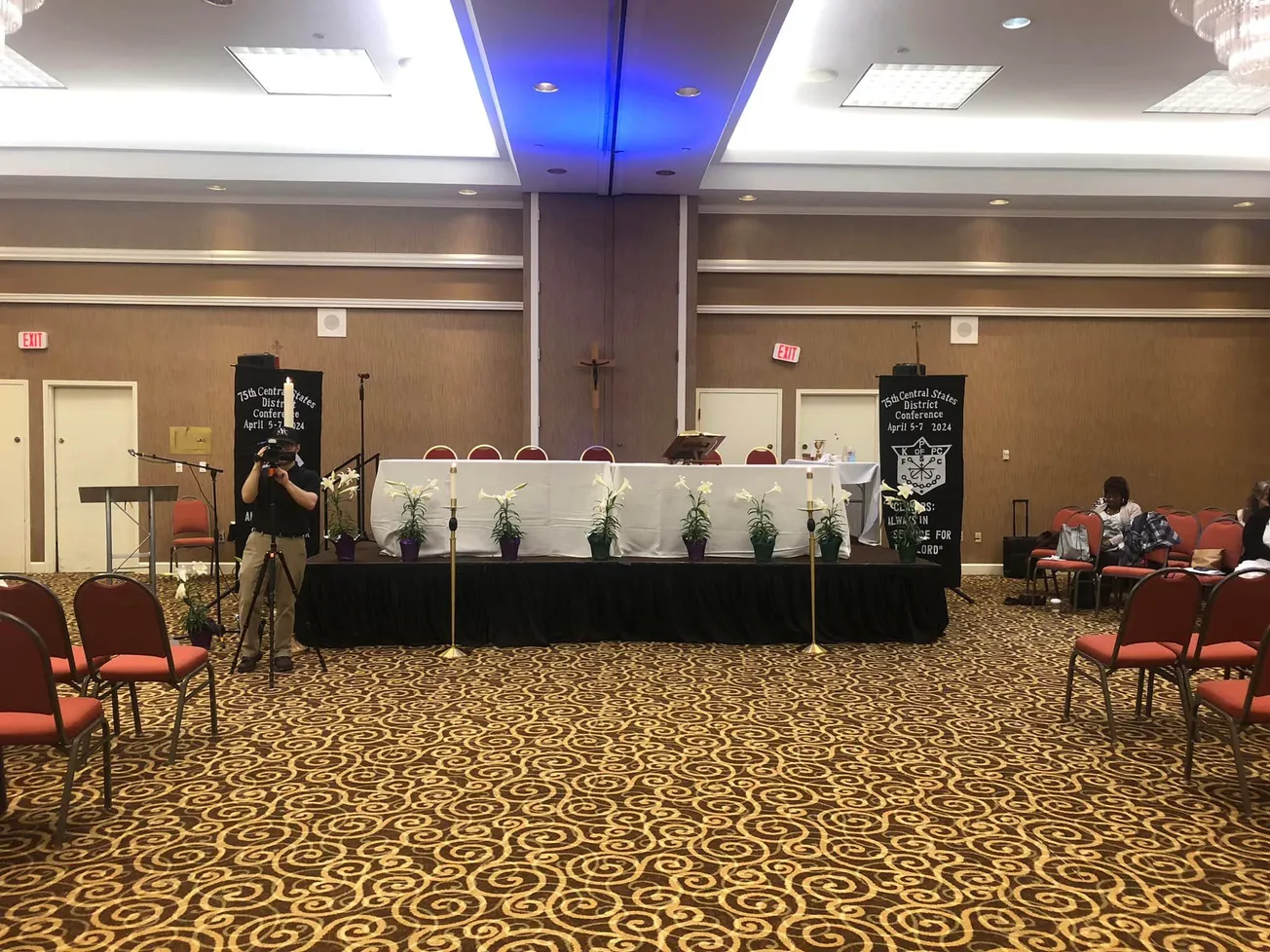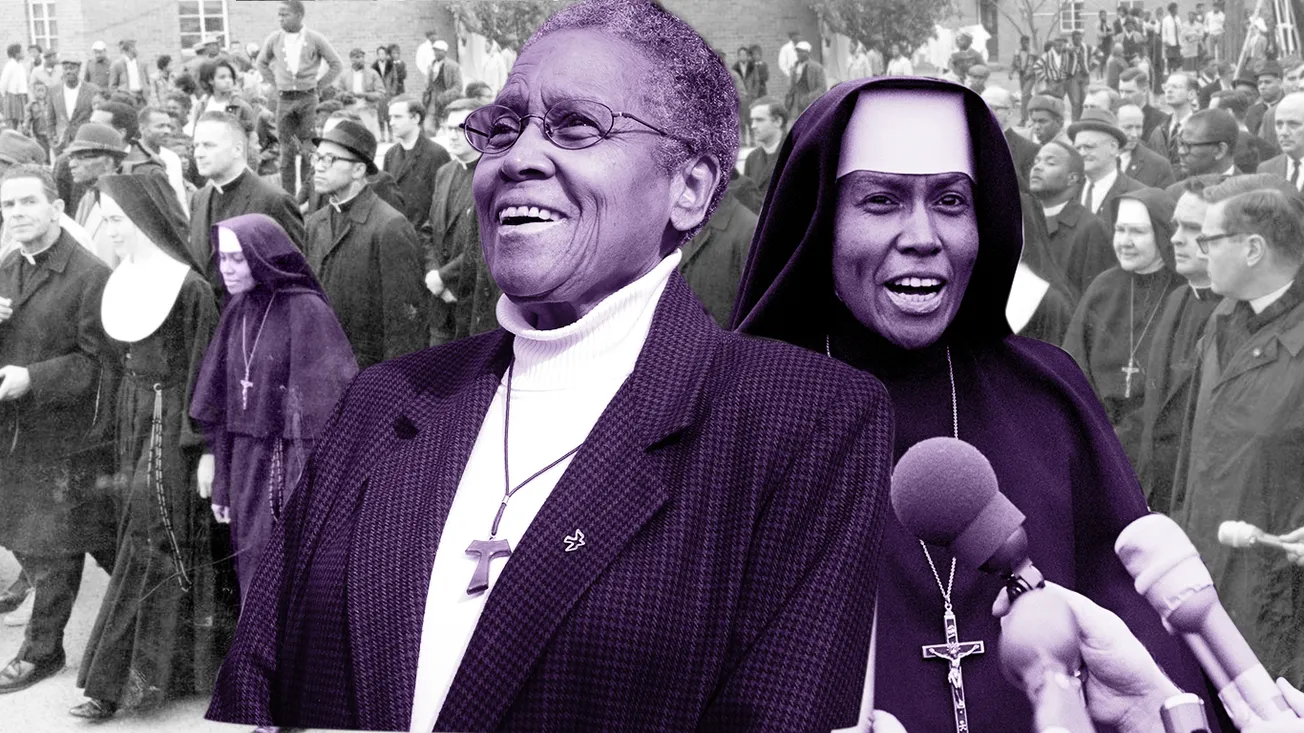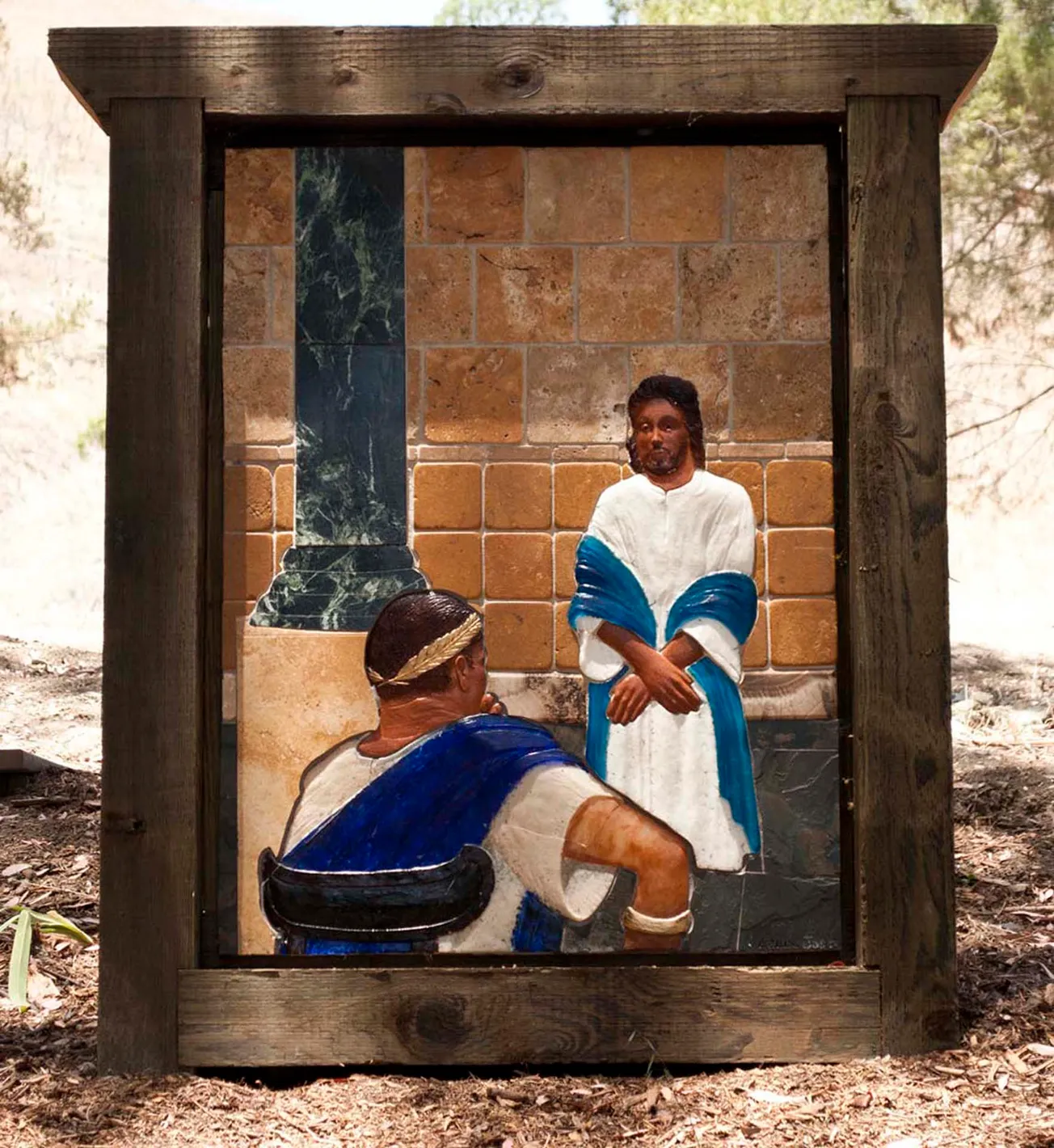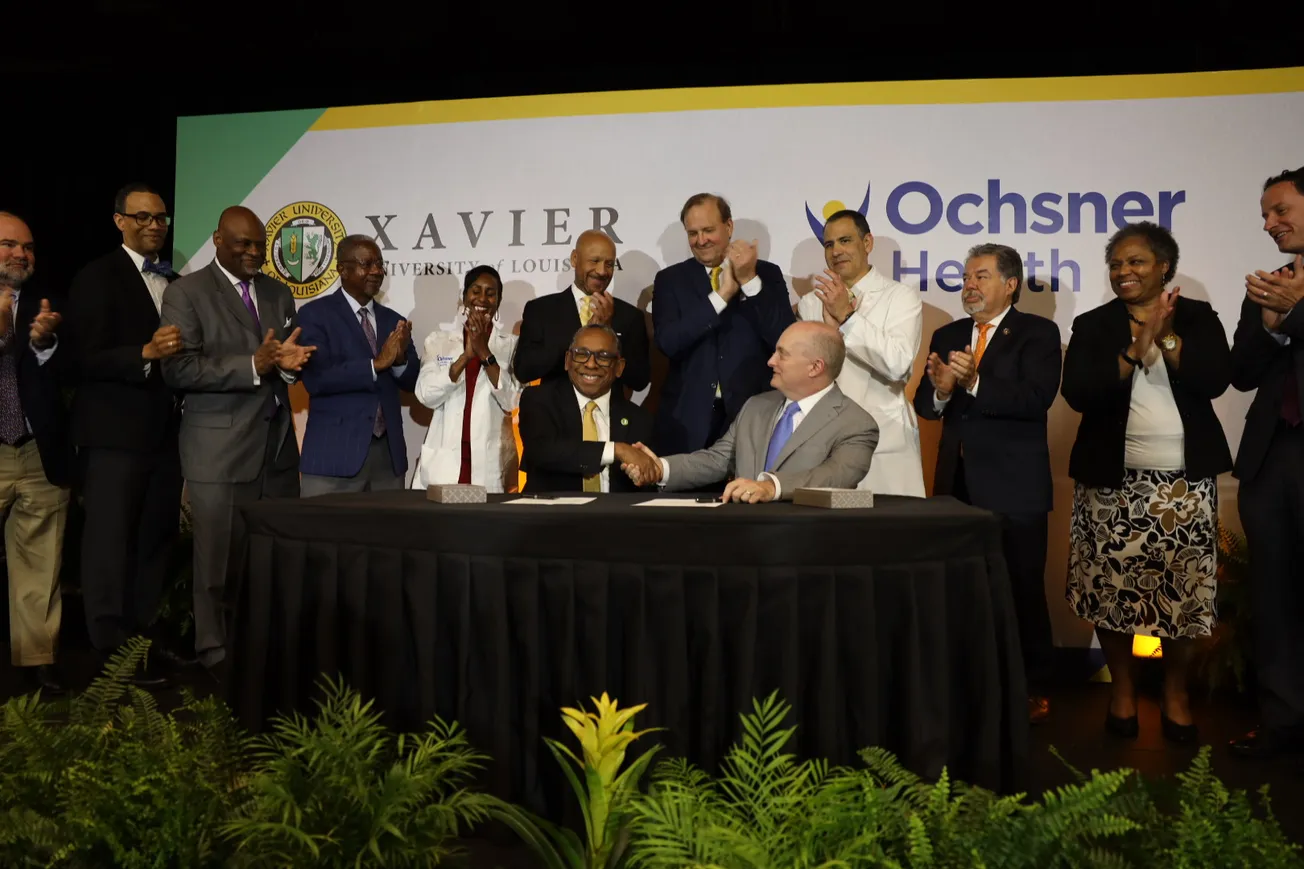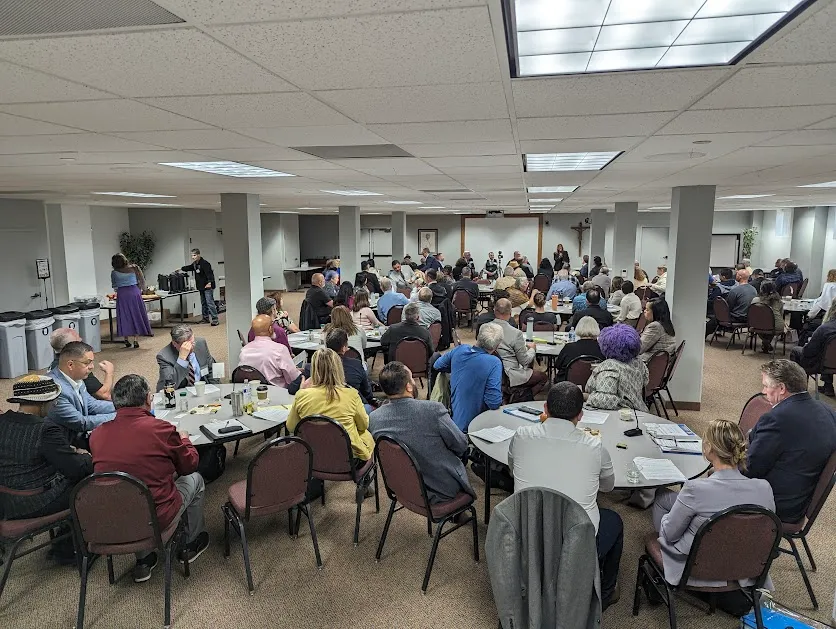This month, the entertainment industry was rocked by various bombshell stories of intimate partner violence. Sadly, several of them involved the Black Catholic community.
Keke Palmer made headlines when it was reported that she filed a restraining order against her ex-partner, Darius Jackson, and sought sole custody of their nine-month-old son. Many observers had been paying close attention to their relationship ever since Jackson publicly shamed Palmer on social media in July for wearing clothing he felt was immodest.
Shortly thereafter, singer-songwriter and model Cassie Ventura rattled the music industry with her lawsuit against former long-term partner, Sean “Diddy” Combs—one of the Black community’s most powerful media moguls— alleging abuse, rape, and sex trafficking during their very public relationship. After immense global scrutiny within 24 hours of the case coming to light, Diddy settled the case with a payout. Diddy has since been accused in multiple other civil cases.
The stories of Palmer and Diddy, both Catholic-raised megastars, reveal a larger issue and major public health threat in our community. According to data from the National Intimate Partner and Sexual Violence Survey, 45.1% of Black women and 40.1% of Black men have experienced incidents of physical or sexual violence in their lifetime.
Moreover, when we examine patterns of abuse in these two high-profile relationships, there are many elements that stand out.
Palmer has been on a non-stop string of lucrative and commercial wins since she debuted with the film “Akeelah and the Bee” in 2006. Despite this, she apparently experienced continued abuse during the past two years with nary a peep from those who could have protected her. One exception was Palmer’s mother, who allegedly confronted Jackson’s brother with details of the abuse. He was said to be unfazed.
In the second case, the revelations are by all means an indictment of Diddy’s inner circle. It’s most likely impossible that one could be in the entourage of one of music’s most successful icons and moguls without seeing, hearing, or knowing of the crimes Cassie and others have alleged.
Both instances reveal how indifferent the Black community can be toward abuse. For many men, when witnessing abusive tendencies toward women, it is all too normal to look the other way and ignore the reality.
“It’s not my business,” I've heard Black men say. When women are the culprit, the inclination to trivialize or mock their harmful behavior is also common. “She's just crazy like that” or “It’s no big deal, bro,” is the go-to rationale to explain away real concerns.
There are other factors at play, too. Many women, out of historical distrust of the racist criminal justice, policing, and legal system, want to ensure that their partner is not subjected to oppressive standards. Moreover, Black women who are survivors of abuse are less likely to be believed compared to White women, which can make Black women’s suffering nonexistent to the powers that be.
As a community, it would be a great start to see the local church be a safe haven for people experiencing partner violence. As an institution that we donate millions to weekly, the Black Church must position itself as the prime space for advocacy and support on issues of domestic abuse. If the church truly ministers to Black people, there is no good reason not to offer financial assistance, transitional housing, counseling, and other life-saving resources.
Within the Catholic Church at large, much can be said on this topic as well. We have a solid biblical basis for the sacredness of the human person. It is the very foundation of our social teaching. As such, on the issue of domestic violence, the bishops have provided pastoral guidance to inform this public crisis.
Yet when we enter conversations around intimate abuse within the realm of the Church, it often results in hopelessness for women. I can recount the many times I’ve heard faith formation staff and priests, who are charged with forming the conscience of believers, say that the noble path in a marriage is to endure various types of exploitation for the sake of the richness of matrimony and modeling the sufferings of Christ.
Many in the Church will look to St. Rita of Cascia as the archetype of troubled marriages. She was married off at the age of 12 to a man who was volatile and prone to alcohol, emotional, and physical abuse. Enduring it all, St. Rita leaned on her faith. Though we’re six centuries removed from her time, many women today are in the same or worse standing. The World Health Organization estimates that one in three (or about 736 million) women experience sexual or physical violence.
St. Rita displayed holy virtues that were cultivated out of suffering, but the commonly told version of her story ignores the reality of power imbalances. Moreover, elevating her remarkable virtues is no excuse to not protect the innocent or grapple with the sin of misogyny. We could say the same of household saints like Maria Goretti or Agatha when we remember that patriarchal, gender-based violence is how they were killed.
When looking at St. Rita’s life, the age difference factor stands out in the cycle of abuse. Note, too, that when Diddy met Cassie, he was 37 and she was 19. He was already an experienced music icon while she was an amateur in the industry. Yet with a nearly 20-year age difference and the intersection with a male-dominated industry, the relationship always fit the recipe for abuse.
The practice of dating younger and finding “pure” partners reflects an infantile and paternalistic view of women that fuels their exploitation. In Rita’s time, as no safety net was developed and women were seen as inferior, it was possible—just like in many places in the world today—for violence to flourish. That’s why it’s incumbent upon men, especially religious ones, to understand how the intersection of religion and patriarchal systems can perpetuate gender inequality and the commodification of women writ large.
Continuing with the example of St. Rita, there arises the question: Why not just leave the abusive relationship? Many will use the go-to explanation that if the perpetrator is unwilling to reform their behavior, separation is permissible. Others say that some type of reparative action—like Jesus’ command to bring the matter to Church leaders—is an important step.
On the first point, it must be noted that shame and various manipulative tactics by the culprit can make it impossible for people to leave. Economic powerlessness and physical threats, including the possibility of deadly violence, can eliminate the possibility of separation. For men suffering abuse, the stigma of being perceived as weak plays a role in thwarting their ability to reach (or move) out.
Secondly, although fraternal and ecclesial correction is a great step in handling domestic affairs, who in the Church actually uses this method? Though I've heard this verse plenty of times as a remedy for correcting someone’s sin, applying the teaching of Christ in this fashion seems almost non-existent or not applied universally. This all but precludes its ability to bring about systemic change in the behavior of believers.
Also glaring is the fact that the Catholic Church has often positioned itself on the opposite side of victim’s rights and the dignity of the innocent, with its disgraceful handling of the global clergy sex abuse scandal. For it to now become a believable advocate on the issue of intimate partner violence will be a challenge. In addition, the Church’s long and continuous fight in the culture wars—especially on matters central to women—has caused it to lose nearly all credibility as a moral guide.
Even so, the Church can reclaim its voice on the sacredness of the human person and create a just society as it relates to domestic violence. This type of renewed commitment will have to come from partnerships with stakeholders that are doing the work to create a society in which gender inequality is confronted and sexual violence against both women and men is rare.
Moreover, the Church can no longer gloss over its colossal failure to protect the victimized. Instead of retreating, it must admit past failures, take accountability, and rectify strained relationships with a forward-thinking mindset. By leveraging the goodness, truth, and beauty of the Catholic faith, it can project a truly inspiring image that the world can slowly start to confide in once again.
Saddened by the alleged abuse of Palmer and Cassie, I hope that our society and the Black community will do more to target intimate partner violence by addressing the systems that enable it. This is the only lasting way to foster a society that prioritizes the well-being of those on the margins.
Efran Menny is a husband, father, and regular contributor for BCM. His work is informed by his experience as an educator and his studies in social work. He has a passion for elevating topics on justice and theology for Black Catholics.


